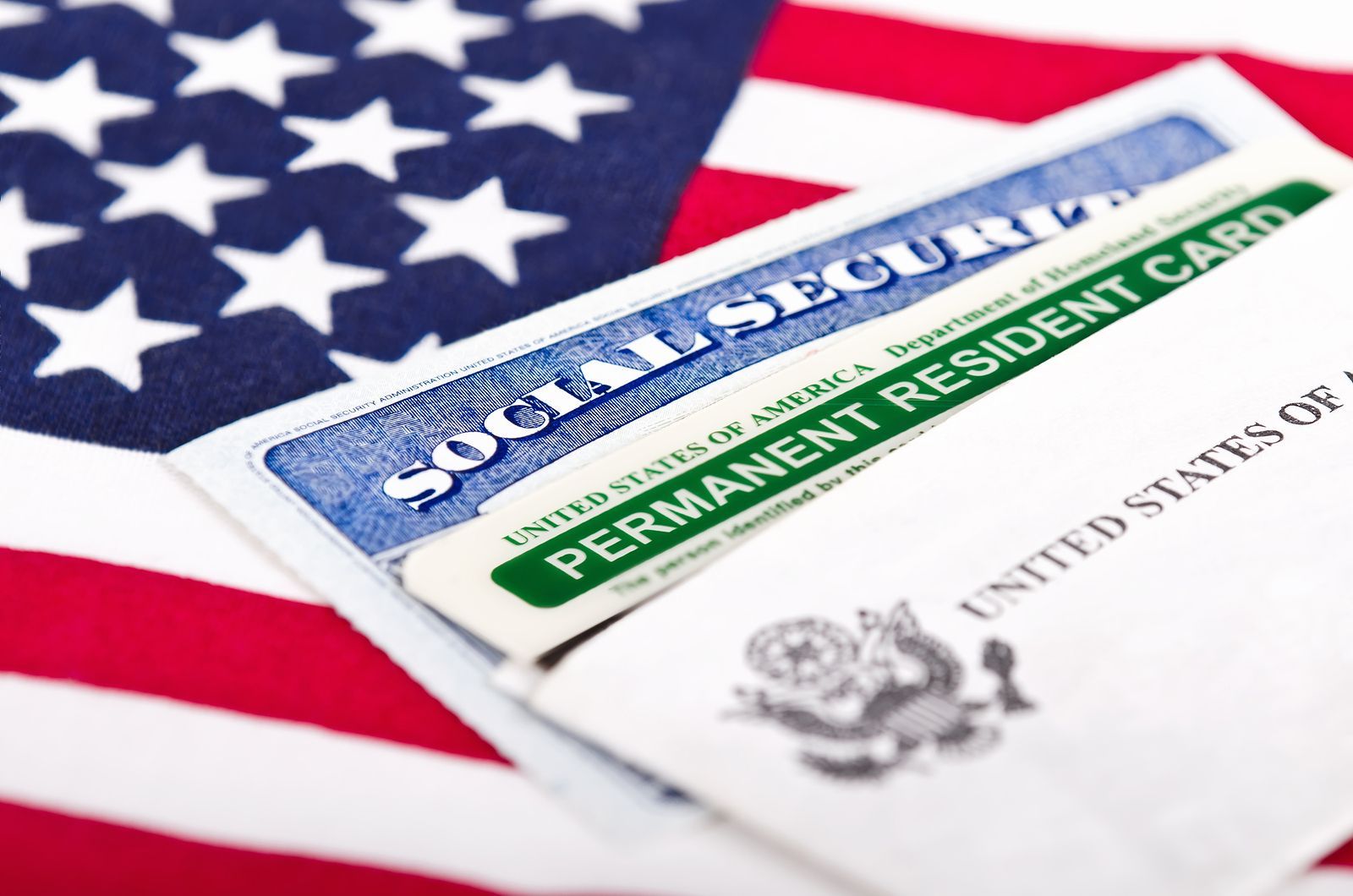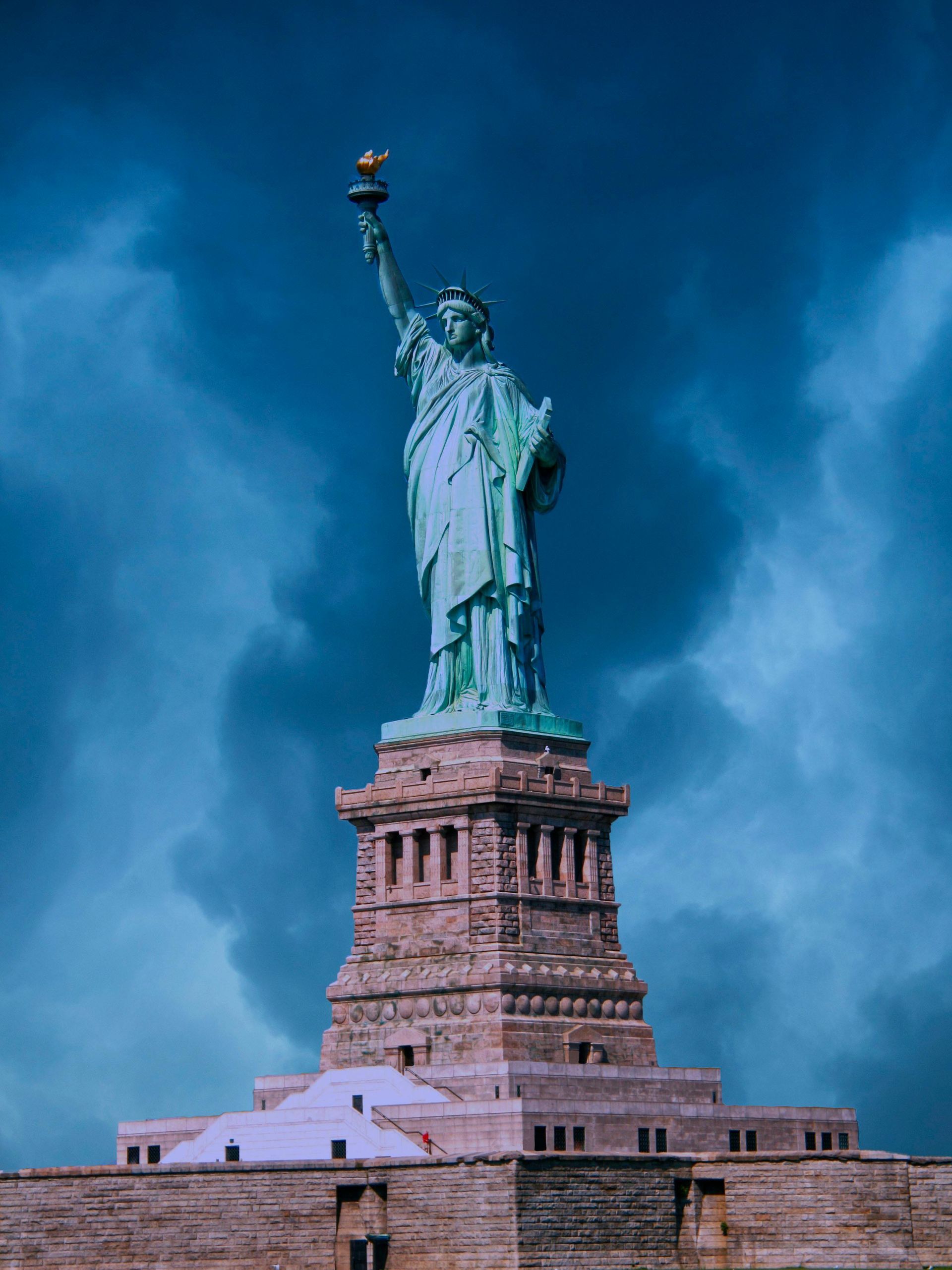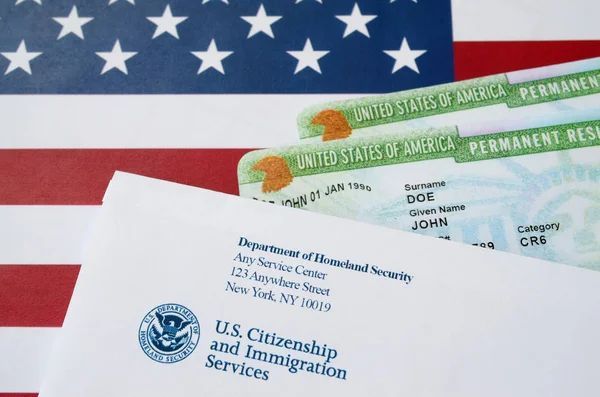🗣️ Fluent in English, Spanish & Portuguese 🌍
The Enduring Echo
How Dr. Martin Luther King, Jr.’s Legacy Can Be Applied to Today's US Immigration Crisis

In the confines of a small, likely filthy, and damp jail cell in Birmingham, Dr. Martin Luther King, Jr. penned a profound letter. In it, he eloquently justified the non-violent protest that led to his incarceration, emphasizing the moral righteousness of the cause. One line from this historic letter continues to resonate with undeniable relevance: "Injustice anywhere is a threat to justice everywhere."
Dr. King cautioned those who, out of well-intentioned counsel, urged patience and a wait for a "more convenient time." He lamented the "appalling silence of the good people" and foresaw the need for repentance not just for the actions of wrongdoers but for the silence of the spectators. These words, etched in history, echo into the present, connecting the struggles of the Civil Rights Movement to the ongoing immigration crisis in the United States.
The Civil Rights Movement, culminating in the passage of the Civil Rights Act of 1964, marked a transformative era. It envisioned a society where the color of one's skin held neither advantage nor disadvantage. Simultaneously, it prompted an overhaul of the immigration system, dismantling discriminatory preferences under the Immigration and Nationality Act of 1965. This legislation signaled a shift toward equal opportunity, irrespective of national origin.
The United States embraced the 1967 Protocol Relating to the Status of Refugees, broadening the definition beyond the post-World War II European context. In the decades following, Congress enacted pivotal laws like the Voting Rights Act, Fair Housing Act, Equal Rights Amendment, and the Americans with Disabilities Act. The courts struck down segregation in schools and public transportation, invalidated laws against interracial marriages, and recognized reproductive and same-sex rights. However, despite legal changes, the structures persist.
The guardrails erected by civil rights laws have been dismantled, enabling practices such as gerrymandering and voter suppression. These actions deny individuals their right to meaningfully participate in the political and legislative process. The struggle for civil rights endures, with echoes of Dr. King's words reverberating through the corridors of time.
Over half a century since the immigration system overhaul, generations of immigrants and refugees have made the United States their home. Many have fled totalitarian regimes, a touching reminder of the correlation between civil rights and immigration. As we approach Martin Luther King, Jr.’s Day, it is crucial to acknowledge the debt owed to civil rights warriors like King, John Lewis, Rosa Parks, and others, whose sacrifices laid the foundation for the present quest for racial equity.
Moreover, Dr. King's legacy extends beyond racial justice; it encompasses the broader pursuit of equality and fairness. In today's immigration crisis, his teachings urge us to question current immigration policies that are used to perpetuate injustice. The struggles of immigrants and refugees, escaping oppressive regimes, echo the Civil Rights Movement's call for equal opportunities.
Also, Dr. Martin Luther King, Jr.'s teachings remain a guiding light in navigating contemporary challenges. The connection between his timeless words and today's immigration crisis emphasizes the enduring need for justice and equality. Dr. King said that “[E]ven though we face the difficulties of today and tomorrow, I still have a dream. It is a dream deeply rooted in the American dream. I have a dream that one day this nation will rise up and live out the true meaning of its creed: We hold these truths to be self-evident, that all men are created equal." Later to complement it with “[a]nd if America is to be a great nation, this must become true.”
In conclusion, the profound connection between immigration and civil rights, echoing the timeless wisdom of Dr. Martin Luther King, Jr., reflects a shared journey toward justice and equality. As we confront the challenges of the current immigration crisis, there is hope in recognizing that the struggles of the past have laid a foundation for positive change.
The intertwined history of the Civil Rights Movement and immigration reform underscores the need for continuous vigilance, compassion, and a commitment to dismantling systemic barriers. While acknowledging persistent challenges, we can find hope in the resilience of those who have sought refuge in the United States, mirroring the spirit of those who fought for civil rights.
Dr. King's legacy inspires optimism, urging us to question and challenge policies that may perpetuate injustice. The pursuit of a just society is an ongoing journey, and the echoes of hope from the past guide us towards a future where everyone is treated with dignity and granted equal opportunities.
In the face of the immigration crisis, let us draw inspiration from the progress made, the lessons learned, and the enduring hope that fuels our collective pursuit of a more inclusive and equitable society. The transformative power of positive change is within our reach, reminding us that, as Dr. King envisioned, the arc of the moral universe bends towards justice.

CONTACT US
950 S. Winter Park Dr., Suite 207
Casselberry, FL 32707
PRACTICE AREAS










